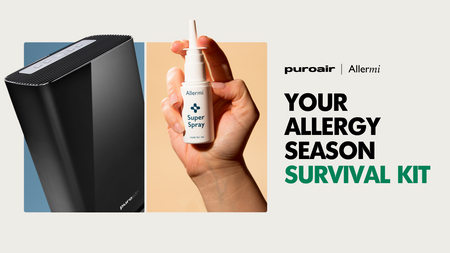Tacoma, WA
Pollen Count Tacoma, WA
Apr 15, 2025 High Pollen Breakdown Tree
high
h
Tree
high
h
 Grass
low
l
Grass
low
l
 Weed
low
l
Weed
low
l
About the Pollen Breakdown
Tree Pollen Scale
Grass Pollen Scale
Weed Pollen Scale
VIEW 5 DAY FORECAST
5-Day Pollen Forecast: Tacoma, WA
Tips to Manage Your Allergies
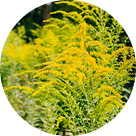
Check the daily pollen count
Stay informed about pollen levels in your area. Knowing when levels are high helps you plan your activities. Try to stay indoors during peak pollen hours, which are usually early in the morning and in the evening.
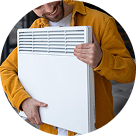
Minimize indoor pollen
Close windows and doors, especially on windy days. Use an air purifier with a HEPA filter to trap allergens.
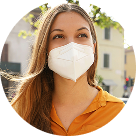
Wear a mask when going outdoors
If you need to spend time outside, wearing a mask can limit how much pollen you inhale. A well-fitted N95 mask is particularly effective at filtering out small particles, including pollen.
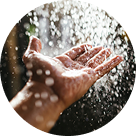
Shower and change clothes after being outdoors
Pollen can stick to your hair, skin, and clothes. When you come indoors, shower and change into fresh clothes.
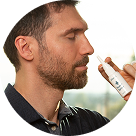
Take your allergy medications
Stay ahead of your symptoms by taking allergy medications as prescribed or recommended by your doctor.
Frequently Asked Questions
-
When is pollen season?
In most of the United States, allergies tend to peak from February to early summer. However, this can vary depending on your location, the climate, and pollen type. In more tropical areas, pollen season lasts much longer, making allergies a year-round problem.
-
What are the symptoms I might experience on high pollen counts?
-
What time of the day is pollen count the highest and lowest?
-
Does the weather affect pollen count?
-
How does pollen count vary by location?


